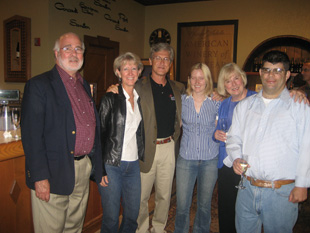Discover New Opportunities for Engagement and Service within AMLI
The AMLI Council has officially approved a dynamic organizational chart that creates meaningful avenues for members to actively engage and contribute to the organization’s mission. Designed to foster collaboration and support professional development, this chart highlights open roles across a variety of committees and initiatives, tailored for members who are ready to make an impact.
Why Join the AMLI Council?
- Professional Growth: Gain leadership experience and expand your professional network.
- Community Building: Collaborate with like-minded peers and make valuable contributions.
- Member Empowerment: Each position within the council structure is crafted to help you utilize your strengths, drive innovation, and support AMLI’s vision to bring together professional and technical people engaged in the practice and study of medical laboratory immunology.
Explore Engagement Opportunities
Take a look at the updated organizational chart and learn about the open roles and responsibilities. Whether you’re interested in policy development, event coordination, membership outreach, or strategic initiatives, there is a place for every member to make a difference. Don’t miss your chance to be part of AMLI’s future—take the first step toward making a meaningful impact in the community today!











